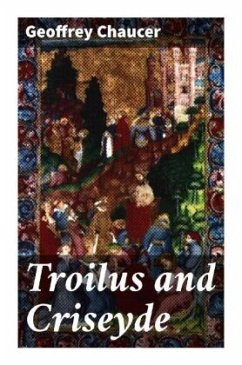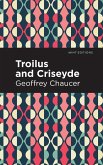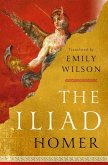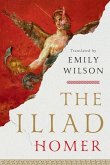In "Troilus and Criseyde," Geoffrey Chaucer crafts a poignant narrative set against the backdrop of the Trojan War, intertwining themes of love, fate, and betrayal. Written in the 14th century and employing a sophisticated mix of rhymed stanzas, the poem reflects both courtly love traditions and a strong sense of realism. Chaucer's nuanced exploration of the characters-Troilus, the noble prince, and Criseyde, the unfaithful woman-illuminates the complexities of human emotion and moral ambiguity, situating the work within the broader context of medieval literature's evolving treatment of romantic relationships. Chaucer, often regarded as the Father of English literature, drew upon his wide-ranging experiences in courtly life, politics, and commerce to inform his writing. His exposure to various literary influences, including Italian poetry and classical works, is evident in his rich character development and intricate plot. This context is critical in understanding Chaucer's intent to present a narrative that challenges idealistic notions of love and loyalty, presenting instead a more gritty, human perspective. "Troilus and Criseyde" is highly recommended for readers seeking a deep, reflective exploration of love's challenges and the tragic consequences of desire. With its intricate storytelling and emotional depth, Chaucer's work resonates through the ages, making it an essential read for anyone interested in the evolution of literary treatments of love and fidelity.
Bitte wählen Sie Ihr Anliegen aus.
Rechnungen
Retourenschein anfordern
Bestellstatus
Storno








